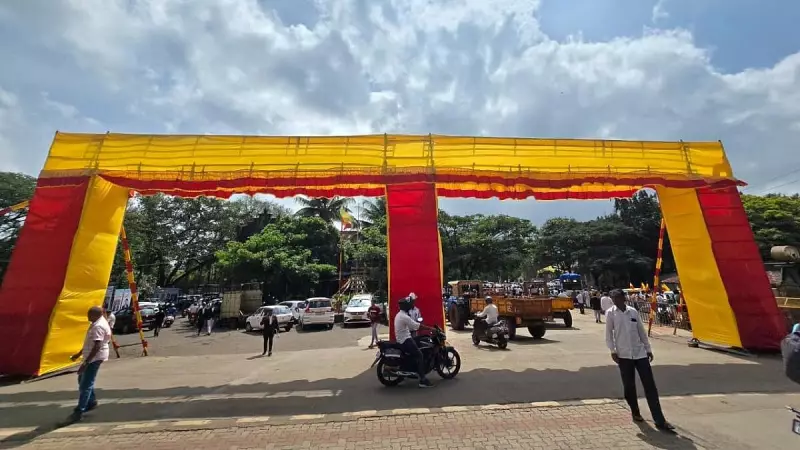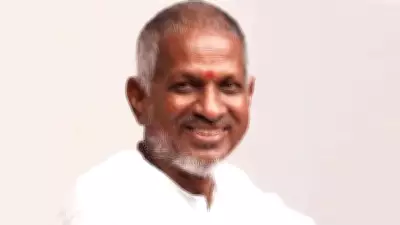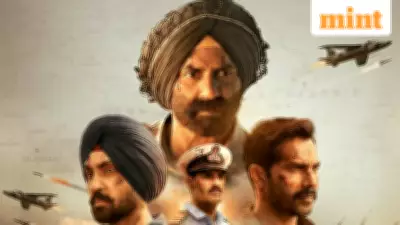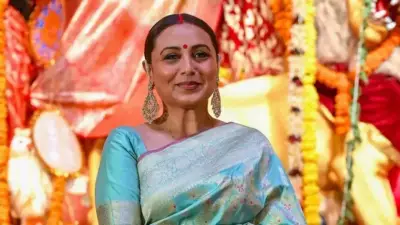
The prestigious Karnataka Rajyotsava Awards, typically a celebration of the state's cultural icons, have found themselves at the center of an unexpected linguistic storm this year. The decision to honor Dr. S.D. Shrishty, the Maharashtra-born president of Maratha Mandal, has ignited fierce opposition from Kannada activists across the state.
Why Are Activists Up in Arms?
Prominent Kannada organizations, including the Karnataka Rakshana Vedike (Tippeswamy faction), have voiced strong objections to the selection. Their core argument centers on Dr. Shrishty's Maharashtrian background and his leadership role in an organization historically associated with the Marathi-speaking community.
"This award should be reserved for those who have actively worked for the promotion and preservation of Kannada language and culture," stated Vedike leader K.N. Vijaya Kumar, capturing the sentiment of many protesters.
The Other Side of the Story
Despite the controversy, Dr. Shrishty's contributions extend beyond community lines. As an accomplished ophthalmologist and the head of a 92-year-old institution, his medical and social work has impacted countless lives across Karnataka. Supporters argue that his humanitarian work transcends linguistic boundaries and deserves recognition.
Historical Context Adds Fuel to Fire
The timing of this controversy is particularly sensitive given the long-standing border disputes between Karnataka and Maharashtra. The Belagavi region, where Maratha Mandal is headquartered, has been a flashpoint in inter-state tensions for decades.
Kannada activists fear that honoring a Marathi organization leader in this contentious region could set a problematic precedent and undermine Karnataka's cultural identity.
Government's Defense
Officials familiar with the selection process maintain that Dr. Shrishty was chosen purely on merit, recognizing his decades of service in the medical field and community development. They emphasize that the Rajyotsava Awards aim to honor contributions across various fields, not just linguistic achievements.
What Happens Next?
As the November 1st award ceremony approaches, the controversy shows no signs of abating. Kannada organizations have threatened protests, while the government appears determined to proceed with the honors. This developing situation puts the spotlight on how states balance regional pride with inclusive recognition of achievement.
The outcome of this dispute may well set important precedents for how cultural awards are administered in India's linguistically diverse states.





